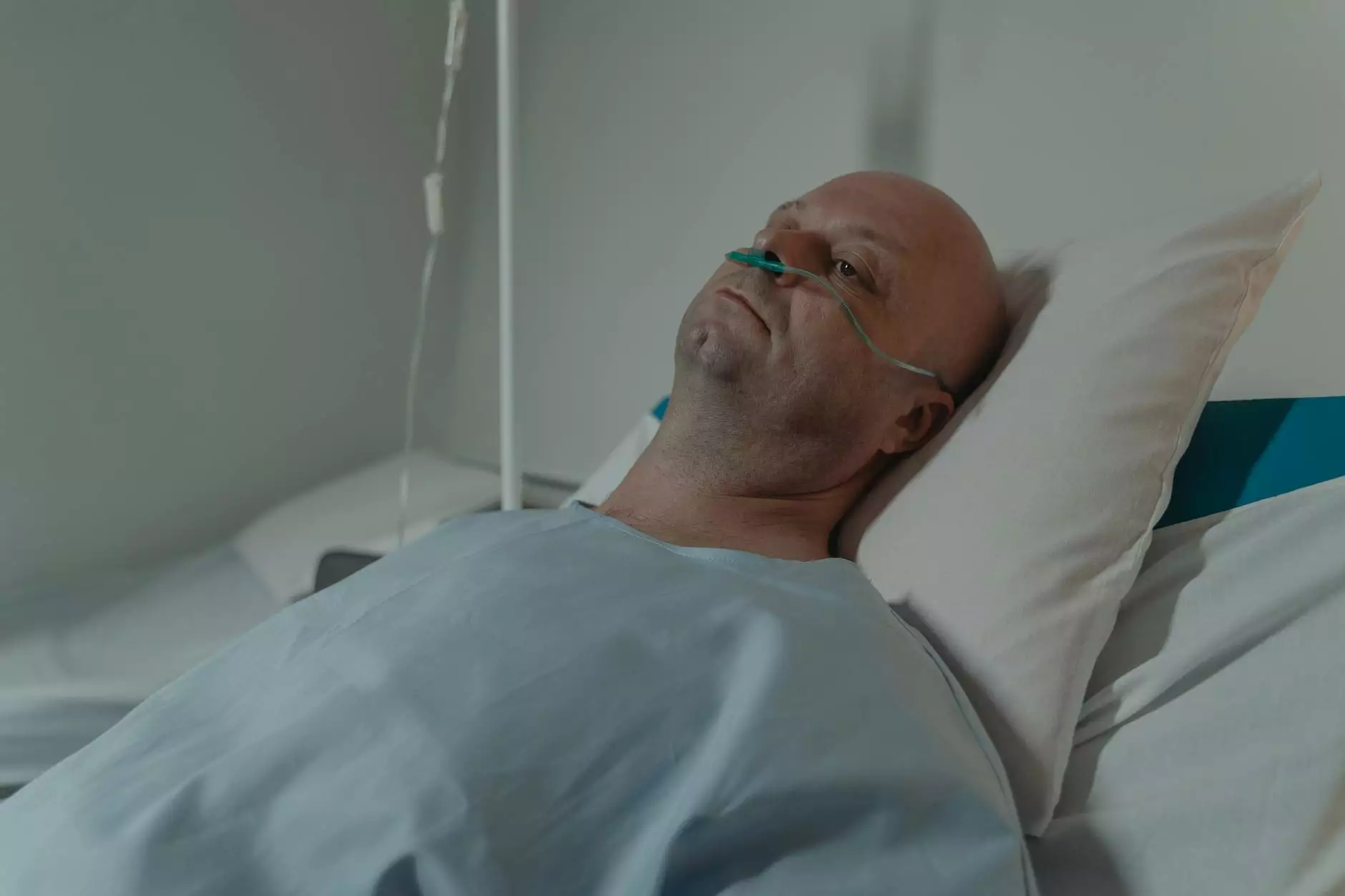Understanding Inoperable Brain Tumors: Insights and Hope

Inoperable brain tumors represent a significant challenge in the field of medicine, affecting countless individuals and their families. While the term may evoke feelings of despair, advances in technology and treatment options are offering new hope. In this comprehensive article, we will delve into what an inoperable brain tumor is, its symptoms, diagnosis, available treatments, and how patients and families can navigate this difficult journey.
What is an Inoperable Brain Tumor?
A brain tumor is considered inoperable when it cannot be surgically removed. This may be due to several factors including:
- The tumor's location, which may be situated near critical areas of the brain, making surgery too risky.
- The tumor's size; larger tumors may invade surrounding tissue, complicating surgical removal.
- The type of tumor; certain malignant tumors might have characteristics that make them more resistant to surgical intervention.
Understanding the nature of brain tumors is crucial. Tumors can be classified as benign (non-cancerous) or malignant (cancerous). Malignant tumors tend to be more aggressive and can often spread to other parts of the brain and body.
Symptoms of Inoperable Brain Tumors
Identifying symptoms early can be pivotal in managing inoperable brain tumors. Common symptoms include:
- Headaches that may worsen over time.
- Seizures, which can occur even in those who have never had them before.
- Nausea and vomiting, especially early in the morning.
- Cognitive changes, including memory loss or confusion.
- Changes in vision or speech difficulties.
- Motor skill deficits, including weakness in limbs or difficulty with coordination.
If you or a loved one experiences these symptoms, it is crucial to consult a healthcare professional promptly for further evaluation.
Diagnosis of Inoperable Brain Tumors
Diagnosing an inoperable brain tumor involves a multi-step process, including:
- Neurological Exam: Physicians assess balance, coordination, reflexes, and cognitive function.
- Imaging Tests: MRI and CT scans are commonly used to visualize the tumor’s size, location, and characteristics.
- Biopsy: A tissue sample may be taken to determine the tumor's type and grade, which further informs treatment options.
Treatment Options for Inoperable Brain Tumors
While surgery may not be an option for inoperable brain tumors, there are several effective treatment modalities available:
1. Radiation Therapy
Radiation therapy is often used as a primary treatment for inoperable brain tumors. This method uses high-energy radiation to destroy cancer cells or slow their growth. Types of radiation therapy include:
- External beam radiation therapy: A machine directs radiation at the tumor from outside the body.
- Stereotactic radiosurgery: A precise form of radiation that targets the tumor while minimizing damage to surrounding tissues.
2. Chemotherapy
Chemotherapy utilizes powerful medications to kill cancer cells or inhibit their growth. While chemotherapy is more systemic, it can be particularly useful in treating brain tumors that have spread. Some common chemotherapy agents include:
- Temozolomide (Temodar): Often used for glioblastomas, this oral medication can cross the blood-brain barrier.
- Carmustine (BCNU): A chemotherapy drug delivered directly to the tumor site in some cases.
3. Targeted Therapy
Targeted therapy involves drugs that specifically target cancerous cells without affecting normal cells, potentially leading to fewer side effects. These therapies are tailored to the genetic characteristics of the tumor.
4. Clinical Trials
For some, participating in clinical trials may offer access to cutting-edge therapies that are not yet widely available. These trials can vary from new drug therapies to alternative methods of treatment. Consulting with a healthcare provider about ongoing clinical trials is a vital step.
Coping With an Inoperable Brain Tumor Diagnosis
Receiving a diagnosis of an inoperable brain tumor can be overwhelming. However, effective coping strategies can improve quality of life:
1. Build a Support System
Surrounding yourself with supportive friends, family, and care teams can provide emotional strength and practical assistance. Joining support groups may also connect you with others in similar situations.
2. Prioritize Mental Health
Engaging in mental health support, whether through therapy, counseling, or mindfulness practices, can help manage anxiety and depression which can accompany such a diagnosis.
3. Educate Yourself
Knowledge is power. Understanding your condition, treatment options, and the latest research empowers patients to make informed choices regarding their care.
4. Focus on Nutrition and Wellness
Maintaining a nutritious diet and engaging in moderate physical activity can support overall health and well-being. Patients should consult with their physician or a nutritionist for personalized advice.
Connecting with Medical Professionals
Choosing the right medical team is critical. At MediGlobus, we facilitate connections with leading medical centers that specialize in treating brain tumors. Our network of healthcare professionals is dedicated to providing top-tier care tailored to individual needs.
Explore Treatment Options at MediGlobus
We encourage patients facing an inoperable brain tumor diagnosis to reach out to us for support and guidance. Our team can help you:
- Find qualified specialists in brain tumor treatment.
- Access state-of-the-art medical facilities.
- Explore innovative treatment modalities and clinical trials.
Conclusion
While an inoperable brain tumor diagnosis can be daunting, understanding the condition, available treatments, and coping strategies can empower patients to face their situation with resilience. The landscape of medical science is continuously evolving, bringing new hope and potential treatments. At MediGlobus, we believe in connecting patients with the best resources and support, ensuring that no one faces this journey alone. Your health and well-being are paramount, and we are here to help you navigate this challenging path.
Take the Next Step
If you or a loved one is facing an inoperable brain tumor diagnosis, do not hesitate to contact us at MediGlobus. Let us help you find hope and explore the best possible care options tailored just for you.









